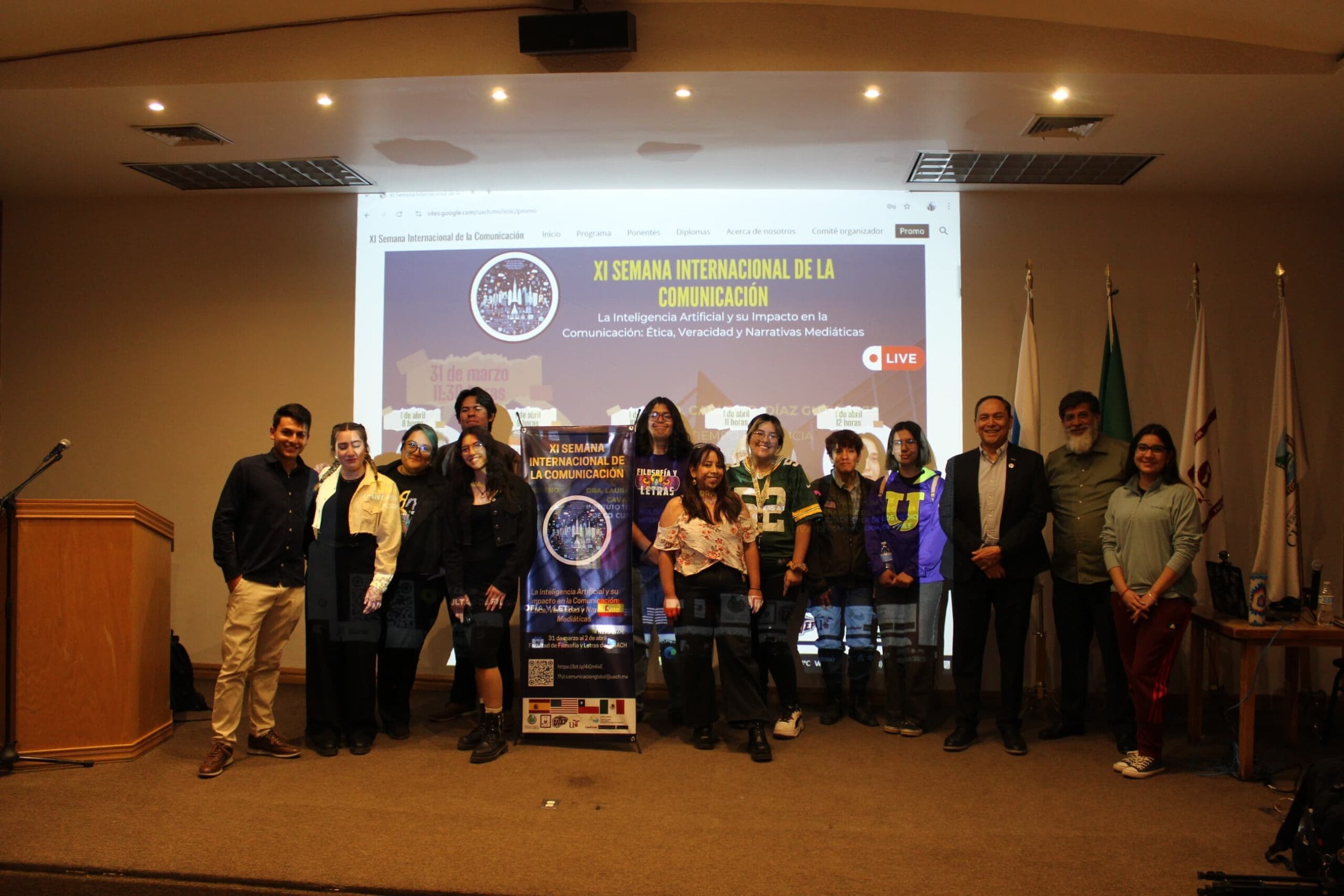Have you ever thought about the process to acquire a language? According to many researchers, the process for acquiring a language is conformed by two stages that human need to cross in order to develop a language.
The first-language stage, is the most important one because it is related to the first encounter of human with sounds, and real-world environment. In this stage, the language used at home is mainly involved with the development of the later on production of language. The parents or whoever is taking care of the baby should make sure is producing more than enough sounds, words, intonations for the little human to receive.
For some teachers, this is a topic very interesting to know, and for learners of second language should be as well. The acquisition of a second language can be as natural as the first one, keeping in mind that there will be for sure the background of another language with us, that can make easier, or in some cases, harder the process. But, what we can take advantage of, is to follow the natural process of first language. This is to say, teachers should maintain an environment in most of the cases in the target language, and students should look for songs, series, movies and more, in the language they want to learn.
 This is also known by teachers and researchers as receptive skills. Receptive is all you can keep with you from others. The second-language stage is the one in which the newborn is ready to produce language, but now noticing grammar rules, making sure their message is correctly applying semantic, and also speaking with the correct pronunciation.
This is also known by teachers and researchers as receptive skills. Receptive is all you can keep with you from others. The second-language stage is the one in which the newborn is ready to produce language, but now noticing grammar rules, making sure their message is correctly applying semantic, and also speaking with the correct pronunciation.
If we think about this second stage with learners of a second language, we can find that students in levels such as b or c, are absolutely ready to comprehend and put emphasis on the production of the language. And make use of their abilities, which are also called productive skills. In general, a lot of receptive skills can help and imitate the natural process of acquiring a language, helping to develop a better and more complete productive skills.






























